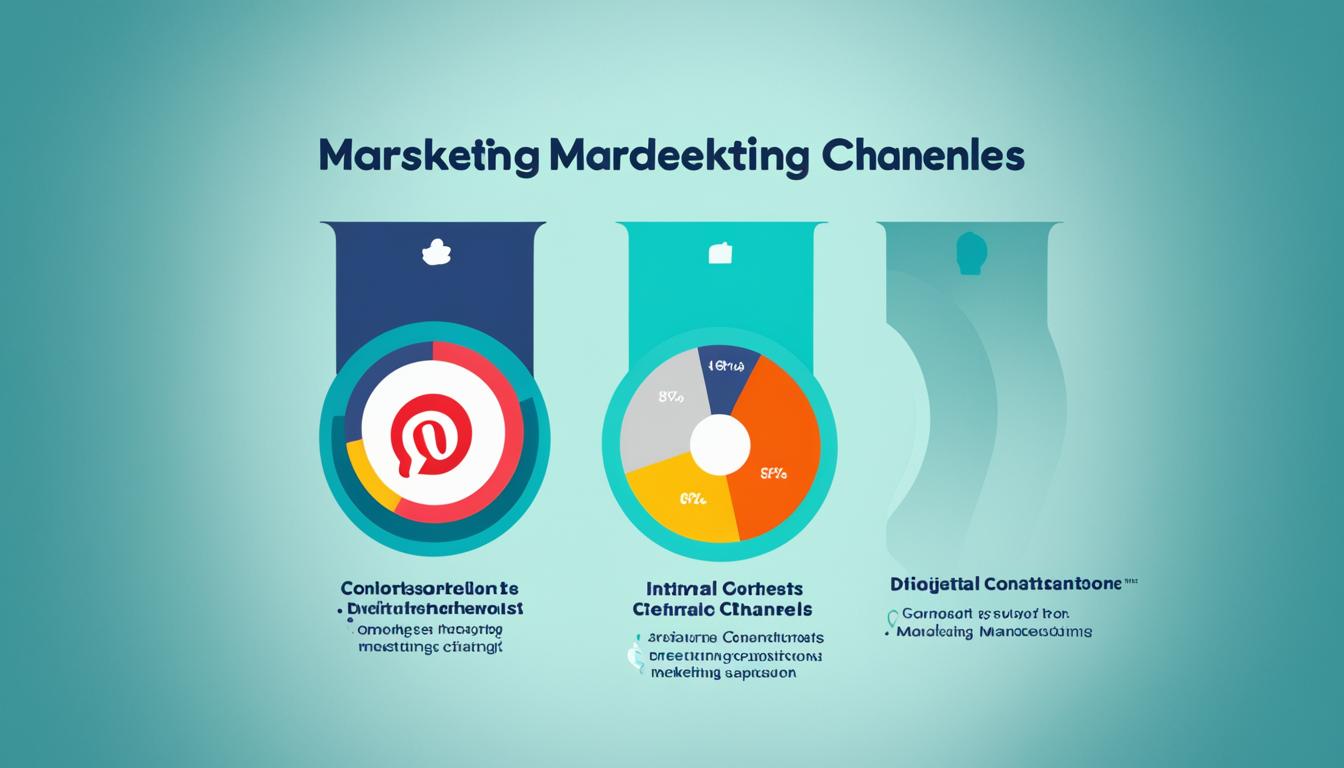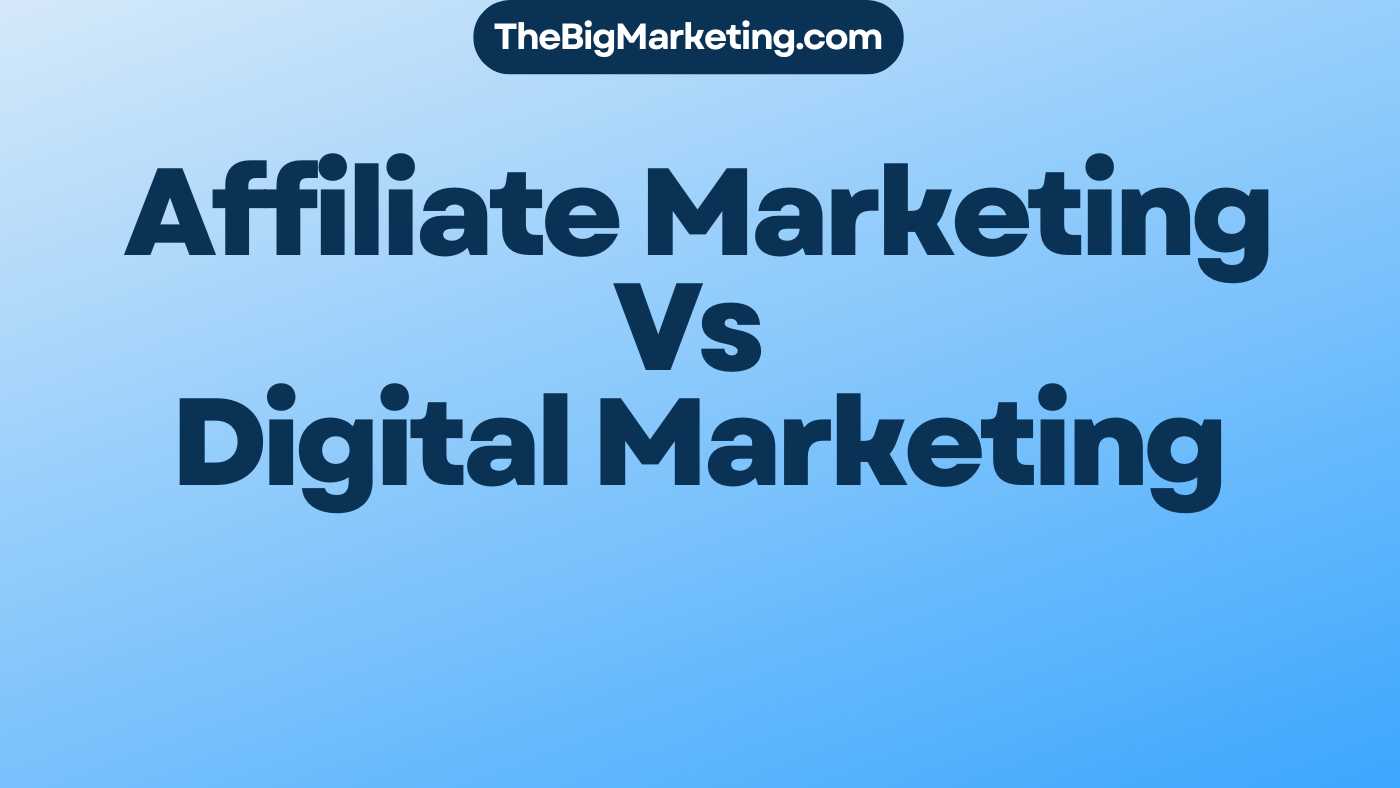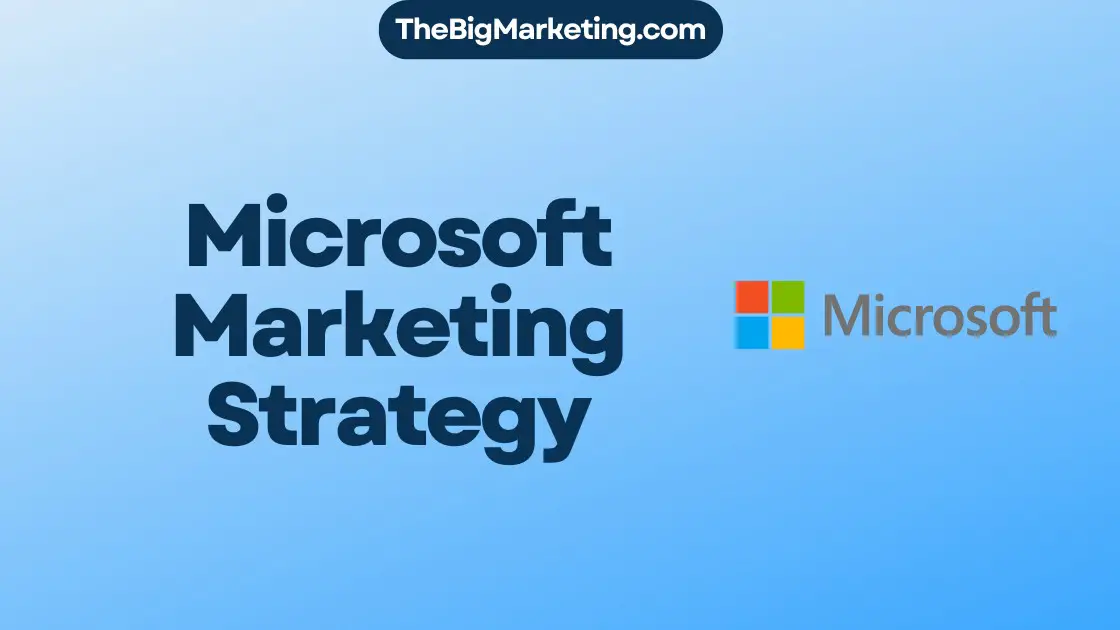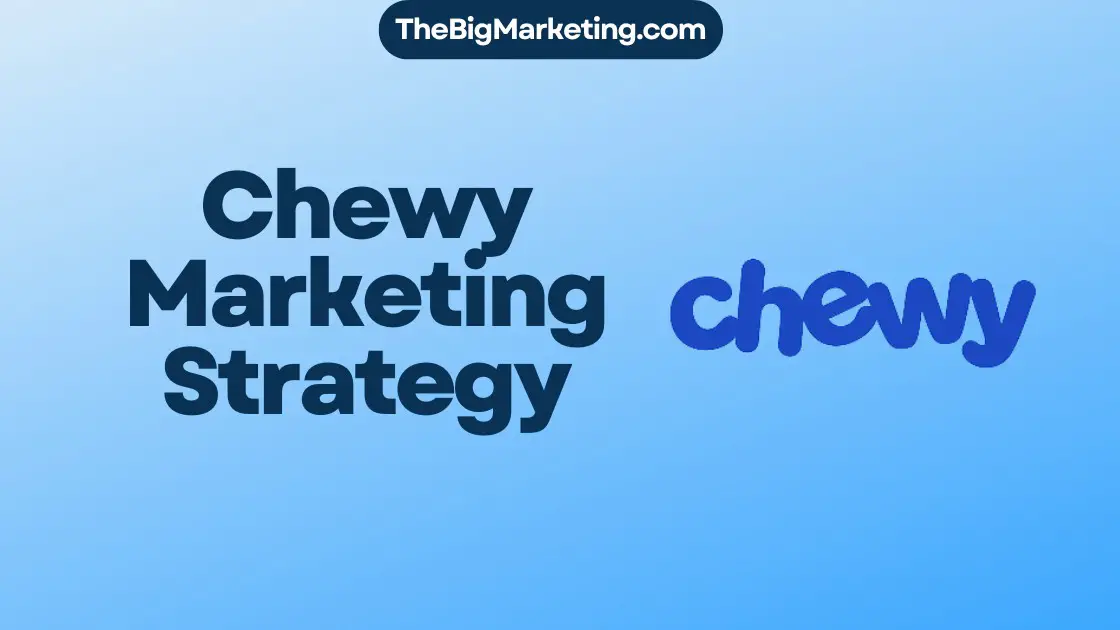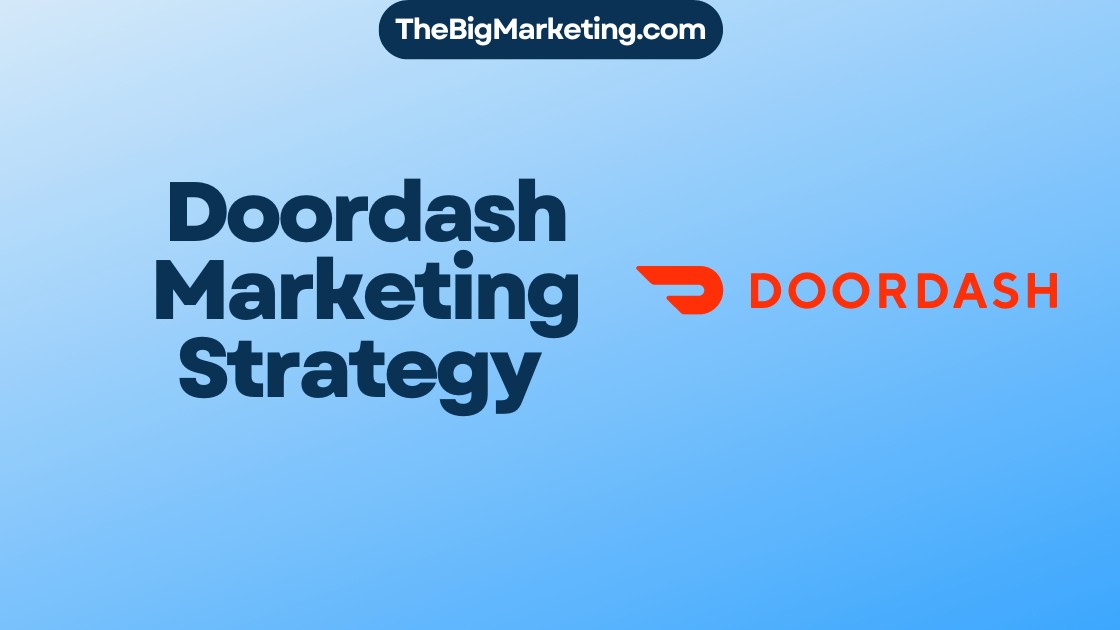When it comes to promoting products and reaching target audiences in the digital realm, terms like “digital marketing” and “digital advertising” are often used interchangeably. However, it’s important to recognize that these two concepts are not the same and understanding their differences is crucial for effective marketing strategies.
Digital advertising can be seen as a subset of digital marketing, focusing on tactical applications to reach users and promote brand awareness. It involves the use of various platforms such as social media, search engines, and video platforms to display ads to users. Pay-per-click ads, display ads, and social ads are some examples of digital advertising methods. However, it’s worth noting that digital ads are often seen as intrusive and annoying by users, leading to ad-blocking and a lack of engagement.
Digital marketing, on the other hand, takes a broader approach. It involves strategic planning and the utilization of various digital technologies to market products. Digital marketers analyze costs, understand customer requirements, and choose the most effective promotional activities. The success of digital marketing is measured based on sales rather than just brand awareness. Unlike digital advertising, digital marketing focuses on engaging the audience and providing solutions to their problems.
Key Takeaways:
- Digital marketing and digital advertising are not the same, with digital advertising being a subset of digital marketing.
- Digital advertising focuses on tactical applications and brand awareness, while digital marketing involves strategic planning and engaging the audience.
- Digital ads can be seen as intrusive and annoying, while digital marketing aims to provide solutions to customer problems.
- Both approaches are essential in a comprehensive marketing strategy, but they have different objectives and focuses.
- Understanding the differences and similarities between digital marketing and digital advertising helps businesses make informed decisions for marketing success.
What is Digital Advertising?
Digital advertising is a tactical application of marketing that aims to reach users and promote user engagement. It utilizes commonly used platforms like social media, search engines, and video platforms. Digital advertising is a digitalized mode of traditional advertising and includes various types of ads such as pay-per-click ads, display ads, and social ads.
The Tactical Application of Digital Advertising
In digital advertising, the focus is on strategically placing ads on platforms where the target audience is most likely to be present. The goal is to capture their attention and promote engagement with the brand or product being advertised.
Engaging Users in a Digitalized Mode
Digital advertising provides a digitalized mode of traditional advertising, taking advantage of technology and connectivity to reach a wider audience. Through digital ads, businesses can target specific demographics and location to maximize their reach and impact.
Commonly Used Platforms for Digital Advertising
There are several commonly used platforms for digital advertising, including social media networks like Facebook, Instagram, Twitter, and LinkedIn. Search engines such as Google and Bing also offer advertising solutions, along with video platforms like YouTube. These platforms provide opportunities for businesses to display their ads to a large user base.
Types of Digital Ads
Digital advertising encompasses various types of ads, each with its own unique characteristics and advantages. Pay-per-click (PPC) ads, for example, allow businesses to only pay when a user clicks on their ad. Display ads are visual advertisements that appear on websites and mobile apps, while social ads are specifically designed for social media platforms, integrating seamlessly with the user’s feed.
However, it’s worth noting that digital ads are not always well-received by users. Many users find them annoying, leading to ad-blocking software and users skipping or ignoring ads.
Despite these challenges, digital advertising remains an effective and widely used marketing strategy due to its ability to target specific audiences and promote user engagement.
What is Digital Marketing?
Digital marketing is a dynamic approach that utilizes digital technologies to market a product or service effectively. It involves analyzing costs, understanding customer requirements, and selecting the correct promotional activities to drive success based on sales. The primary goal of digital marketing is to expand the reach of businesses and provide flexible options for marketing campaigns.
One of the key advantages of digital marketing is its utilization of digital technologies, which provides businesses with valuable insights and data. This data allows marketers to target specific customer segments, analyze their behavior, and tailor marketing strategies accordingly. By understanding customer needs and pain points, digital marketing can provide solutions that resonate with the target audience, increasing the chances of converting leads into sales.
To effectively market a product or service, analyzing costs is a crucial aspect of digital marketing. By calculating the cost of different marketing activities, businesses can make informed decisions about allocating their resources for maximum impact. This analysis ensures that marketing efforts are cost-effective and deliver optimal results.
In addition to understanding costs, digital marketing emphasizes the importance of selecting the correct promotional activities. By leveraging various digital channels such as search engine optimization (SEO), social media marketing, content marketing, email marketing, and influencer partnerships, businesses can create a comprehensive marketing strategy that reaches their target audience effectively.
The success of digital marketing is ultimately measured based on sales. By utilizing digital technologies, analyzing costs, understanding customer requirements, and choosing the correct promotional activities, businesses can drive their sales and achieve their marketing objectives. This data-driven approach allows businesses to optimize their marketing efforts, adapt to changing market conditions, and generate meaningful results that contribute to their overall success.
Benefits of Digital Marketing:
- Expands the reach of businesses
- Provides valuable insights and data
- Targeted marketing based on customer behavior
- Cost-effective marketing strategies
- Flexible options for marketing campaigns
- Increases the chances of lead conversion
- Optimizes marketing efforts for maximum impact
In conclusion, digital marketing is a powerful strategy that utilizes digital technologies to market products or services successfully. By analyzing costs, understanding customer requirements, and selecting the correct promotional activities, businesses can drive their sales and achieve their marketing objectives. With its data-driven approach and flexible options, digital marketing provides a competitive edge in today’s digital landscape.
Digital Advertising vs Digital Marketing: Differences Between the Two
When comparing digital advertising and digital marketing, it is important to understand their differences. While both strategies aim to promote products or services in the digital realm, they have distinct focuses and objectives.
Digital Advertising:
- Focuses on creating brand awareness and driving sales
- Uses tactical approaches to reach the target audience
- Emphasizes the promotion of products or services through targeted ads
- Aims to generate immediate results and measurable outcomes
Digital Marketing:
- Focuses on brand development and understanding human behavior
- Involves strategic planning to market products using various digital channels
- Uses complex strategies to engage the audience and provide solutions to their problems
- Measures success based on long-term objectives, such as conversions and customer loyalty
While digital advertising is more tactical, focusing on immediate sales results, digital marketing takes a strategic approach, seeking to build brand value and engage the audience.
Digital Advertising vs Digital Marketing
| Digital Advertising | Digital Marketing |
|---|---|
| Focuses on creating brand awareness and driving sales | Focuses on brand development and understanding human behavior |
| Uses tactical approaches to reach the target audience | Involves strategic planning to market products across various channels |
| Emphasizes the promotion of products or services through targeted ads | Uses complex strategies to engage the audience and provide solutions |
| Aims for immediate results and measurable outcomes | Measures success based on long-term objectives |
This table highlights the key differences between digital advertising and digital marketing. It is evident that these two approaches have contrasting focuses and objectives. However, both are essential components of a comprehensive marketing strategy and can work together to achieve optimal results.
Understanding the differences between digital advertising and digital marketing is crucial for businesses to determine the most appropriate approach for their specific goals and target audience.
Similarities Between Digital Advertising and Digital Marketing
Despite their differences, digital advertising and digital marketing have several key similarities. Both play a crucial role in increasing revenue, awareness, and sales for businesses. Additionally, they both require a carefully planned strategy to effectively reach the target audience and achieve marketing goals. While their specific strategies and focuses may differ, their interdependence is evident in their shared objectives.
One major similarity between digital advertising and digital marketing is their ability to drive revenue. Both approaches aim to generate sales for businesses by promoting products or services to the target audience. They utilize various digital channels and tactics to capture the attention and interest of potential customers, ultimately leading to increased revenue.
Furthermore, both digital advertising and digital marketing aim to raise awareness about a brand or product. By leveraging online platforms and targeted strategies, they help businesses reach a broader audience and create brand visibility. Whether through paid ads, content marketing, or social media campaigns, both approaches contribute to building brand recognition and expanding the customer base.
Another significant similarity is the importance of strategy in both digital advertising and digital marketing. To achieve desired results, businesses need to develop a comprehensive plan that aligns with their goals and target audience. Whether it’s defining the target market, setting campaign objectives, or allocating resources effectively, strategy plays a central role in driving the success of digital advertising and digital marketing initiatives.
Overall, digital advertising and digital marketing share common ground in their focus on increasing revenue, generating awareness, and creating effective strategies. While each approach may have its unique methods and tactics, their interdependence and shared objectives make them an essential part of any successful marketing campaign.
When to Use Digital Advertising?
Digital advertising can be a powerful tool for businesses looking to elevate their brand and achieve specific marketing goals. By leveraging digital platforms, businesses can effectively reach their target audience, create brand awareness, and drive engagement. Here are some key situations where digital advertising can be particularly beneficial:
1. Brand Lift and Awareness:
Digital advertising is an excellent strategy to lift your brand and increase awareness among your target audience. By delivering targeted ads through various digital channels, you can ensure that your brand message reaches the right people at the right time. This can significantly enhance brand recognition and recall.
2. Increased Engagement and Traffic:
Engagement and web traffic are crucial factors for the success of any online business. Digital advertising campaigns can help drive increased engagement and website traffic by strategically placing ads in front of your target audience. This can encourage users to visit your website, explore your offerings, and potentially convert into valuable customers.
3. Enhanced Effectiveness and ROI:
With digital advertising, businesses can track and measure the effectiveness of their campaigns in real-time. By leveraging analytics and performance metrics, you can gain valuable insights into the success of your advertising efforts. This data-driven approach allows you to optimize your campaigns for better results and achieve a higher return on investment (ROI).
4. Reaching the Audience Directly:
Digital advertising enables businesses to reach their target audience directly without any intermediaries. By leveraging audience targeting options, businesses can create highly personalized ads tailored to specific demographics, interests, and behaviors. This facilitates precise audience reach and maximizes the impact of your advertising campaigns.
5. Fostering Brand Awareness:
Building brand awareness is a critical aspect of marketing. Digital advertising provides an effective avenue to foster brand awareness by consistently exposing your target audience to your brand messaging and visuals. By utilizing creative ads and compelling storytelling, you can create a lasting impression and increase brand recall among your audience.
Overall, digital advertising offers immense opportunities for businesses to achieve their marketing objectives. By strategically utilizing digital platforms, businesses can lift their brand, drive engagement, increase traffic, enhance effectiveness and ROI, reach the audience directly, and foster brand awareness.
When to Use Digital Marketing?
Digital marketing is a powerful strategy that can be utilized in various scenarios to achieve specific business objectives. The key to leveraging digital marketing effectively is to understand when and how to implement it to maximize results.
1. Increase Sales Strategy
When your primary goal is to boost sales and drive revenue growth, digital marketing becomes an indispensable tool. By implementing targeted marketing campaigns, optimizing conversion funnels, and leveraging data-driven insights, you can effectively attract and convert leads into paying customers.
2. Business Performance Strategy
Digital marketing strategies play a crucial role in improving overall business performance. By implementing comprehensive branding initiatives, utilizing social media platforms, and optimizing SEO strategies, you can enhance brand visibility, reputation, and customer loyalty, leading to sustained business growth.
3. Communication Strategy
Effective communication is vital to building a strong relationship with your audience and successfully promoting your products or services. Digital marketing provides various channels, such as email marketing, social media, and content marketing, which allow you to engage with your customers, deliver personalized messages, and address their needs and concerns more efficiently.
4. Reducing Marketing Costs Strategy
Traditional marketing methods can be costly and inefficient, especially for small businesses with limited budgets. Digital marketing offers a cost-effective alternative by allowing precise targeting, measurable results, and the ability to optimize campaigns in real-time. By leveraging digital channels, businesses can reduce overall marketing costs while achieving better results.

| When to Use Digital Marketing | |
|---|---|
| Scenario | Strategy |
| Increase sales | Implement targeted marketing campaigns to attract and convert leads. |
| Business performance | Utilize comprehensive branding initiatives, social media platforms, and SEO strategies to enhance brand visibility and reputation. |
| Communication | Engage with customers through email marketing, social media, and content marketing to build strong relationships and address their needs. |
| Reducing marketing costs | Optimize digital campaigns for precise targeting, measurable results, and cost-effective marketing practices. |
Which One Do You Choose?
The choice between digital advertising and digital marketing depends on the stage of the company and the specific requirements of the organization. Each approach offers unique benefits and can contribute to a comprehensive marketing strategy.
If your company is in the early stages of developing a new product or service, digital marketing can be instrumental in gaining valuable insights and understanding customer psychology. Through digital marketing techniques, you can conduct market research, analyze customer preferences, and gather data to inform the design and features of your offering. This approach allows you to tailor your product or service to meet the needs and desires of your target audience.
On the other hand, if your goal is to reach a wide audience and bring attention to your brand or solution, digital advertising can be an effective choice. Digital advertising employs various tactics such as targeted ads, social media promotions, and pay-per-click campaigns to engage potential customers. By focusing on reaching the right audience at the right time, digital advertising enables you to present your solution and demonstrate its value.
It’s important to note that both digital advertising and digital marketing are indispensable components of a successful marketing strategy. While digital marketing provides insights and guides product development, digital advertising ensures that your solution is showcased to your target audience, driving awareness and generating leads. By combining the strengths of both approaches, you can maximize your marketing efforts, reach a broader audience, and ultimately achieve your business goals.
Conclusion
After analyzing the differences and similarities between digital marketing and digital advertising, it is clear that they are not the same. While digital marketing focuses on strategic planning and understanding customer needs, digital advertising is more tactical, aiming to create brand awareness and drive sales. However, both approaches are crucial and interdependent in a comprehensive marketing strategy.
Choosing the right approach depends on the specific needs of the company and the stage of the product or service. Digital marketing is ideal for companies looking to establish effective communication with customers, reduce marketing costs, and achieve long-term success. On the other hand, digital advertising is suitable for lifting brand awareness, increasing engagement, and reaching the target audience directly.
By understanding these differences and similarities, businesses can make informed decisions to achieve marketing success. It is crucial to consider the objectives, strategies, and audience when choosing between digital marketing and digital advertising. Ultimately, a well-rounded marketing strategy may involve a combination of both approaches to maximize the reach and impact.
FAQ
What is the difference between digital marketing and digital advertising?
Digital advertising is a subset of digital marketing, focusing on tactical applications to reach users and promote brand awareness. Digital marketing involves strategic planning to market products using various digital channels.
How does digital advertising work?
Digital advertising utilizes commonly used platforms like social media, search engines, and video platforms to display ads such as pay-per-click ads, display ads, and social ads.
What is digital marketing?
Digital marketing involves utilizing digital technologies to market a product. It includes analyzing costs, understanding customer requirements, and selecting the right promotional activities.
What are the differences between digital advertising and digital marketing?
Digital marketing focuses on brand development and understanding human behavior, while digital advertising aims to create brand awareness and drive sales. Digital marketing is a strategic approach, while digital advertising is more tactical.
What are the similarities between digital advertising and digital marketing?
Both digital advertising and digital marketing aim to increase revenue, awareness, and sales. They both require a strategy and have the goal of reaching the target audience.
When should I use digital advertising?
Digital advertising is useful for lifting the brand by creating awareness and engagement, increasing website traffic, enhancing effectiveness and return on investment, reaching the audience directly, and fostering brand awareness.
When should I use digital marketing?
Digital marketing is suitable when there is a need to increase sales through a well-planned strategy, improve overall business performance, establish effective communication with customers, or reduce marketing costs.
How do I choose between digital advertising and digital marketing?
The choice depends on the stage of the company and the specific requirements of the organization. Digital marketing provides insights and customer psychology for product development, while digital advertising is effective for reaching the target audience and presenting solutions to their problems.
What is the conclusion regarding digital marketing and digital advertising?
Digital marketing and digital advertising are not the same. They have distinct differences in terms of their objectives, strategies, and focuses. However, they also have similarities and are interdependent in a comprehensive marketing strategy.
